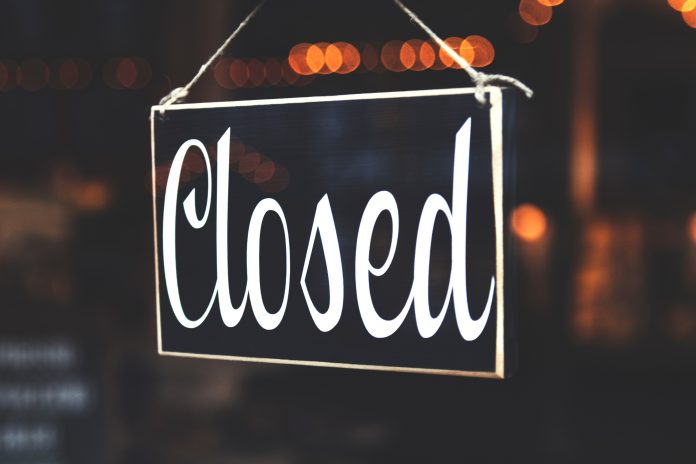
By Desiree Homer
The county lines between communities have become a hot topic in many regions. As states roll out plans for continued mitigation and phased approaches to reopening, the county lines may be costing dealers sales. And while rurally nestled dealerships begin to resume traditional sales and operations, those retailers in higher populated areas, with extended restrictions, are seeing potential customers venture elsewhere to buy cars. California, for example, is moving to ease statewide guidelines. But Los Angeles County may continue to impose restrictions through the end of July. It’s moves like these that are creating a divide between rural and urban dealers nationwide. It’s also creating a new challenge for both, as dealers are forced to find their own roster of dos and don’ts right now.
The California Example
Governor Gavin Newsom recently announced plans for California to begin easing restrictions across a variety of industries. Most automotive dealerships are being included in the reopening authorizations. However, the public health director in the state’s largest county, Los Angeles County, said the health order within their county lines is more than likely going to be extended through July. San Francisco’s bay area is suggesting an extension of its restrictions as well, despite the Governor’s announcement to ease guidelines. The balanced approach makes sense through a health and wellness lens. The more populated areas may need to exercise increased cautions. The more rural markets, where fewer cases of the virus are documented, may present with fewer outbreak risks. Newsom readily recognized the granular difference between communities and said, “conditions are very, very different” between rural and metro areas.
The Rural Dealerships May Be Able to Capitalize
Of course, most dealerships can continue to engage in more contactless and safety best practices methods. But when consumers are ready to head back to the dealership to buy a car, return their lease, or change their vehicle’s oil, the metro dealers may not be able to greet them in person. For dealers with stores based in more rural areas, there is a real opportunity to service the needs of those metro-based customers. In a way, marketing to the broader markets to lure buyers to your rural showroom could present a competitive advantage. But there could be added risks with this approach.
The Complicated and Risky Flip Side
The big city dealerships may have to wait longer before they can have showroom conversations, and they’re not happy about it. While the health and wellness of the customer is a priority, the prospect of losing business to a neighboring county is frustrating. The flip side to buyers venturing away from their home cities to rural dealers is the increased risk of spreading the virus to those more remote facilities. The medical community stresses that asymptomatic individuals are difficult to trace. Meaning, straying car buyers could compound the risks for everyone.
For dealer groups with facilities in both rural and metro markets, you could see a balance within your network. Any dealers located in communities set to reopen that have nearby metro areas with extended restrictions, there is a fine line. Be mindful of opportunities to attract new customers willing to drive a little farther for that in-person engagement. But also remember the safety and health of your community may be at risk in doing so.












